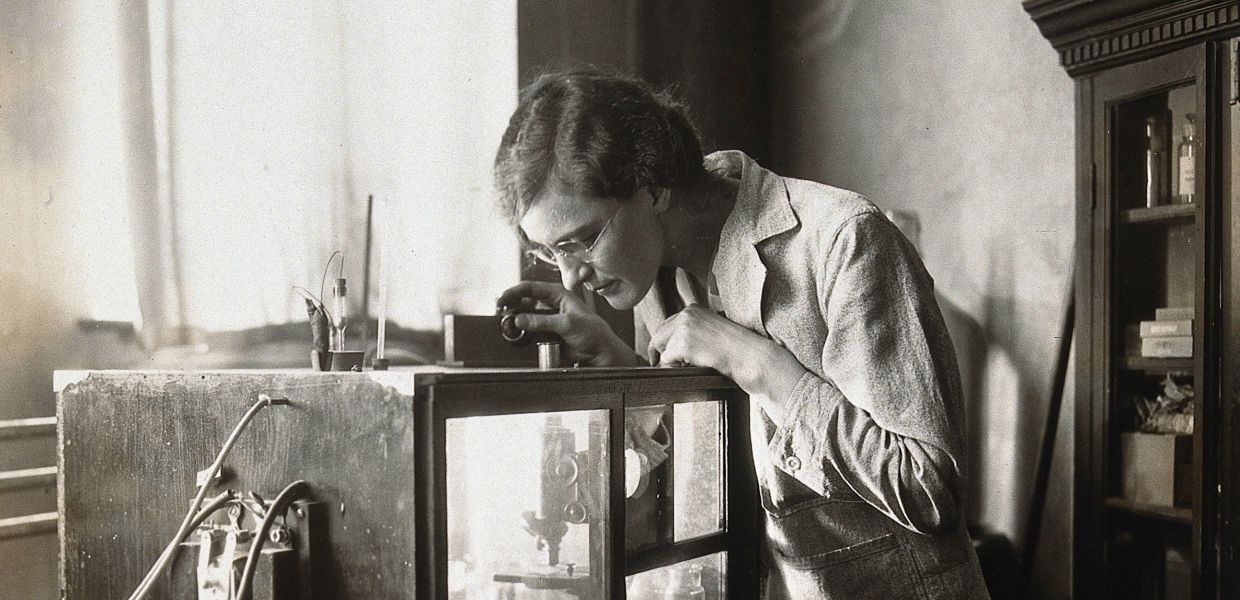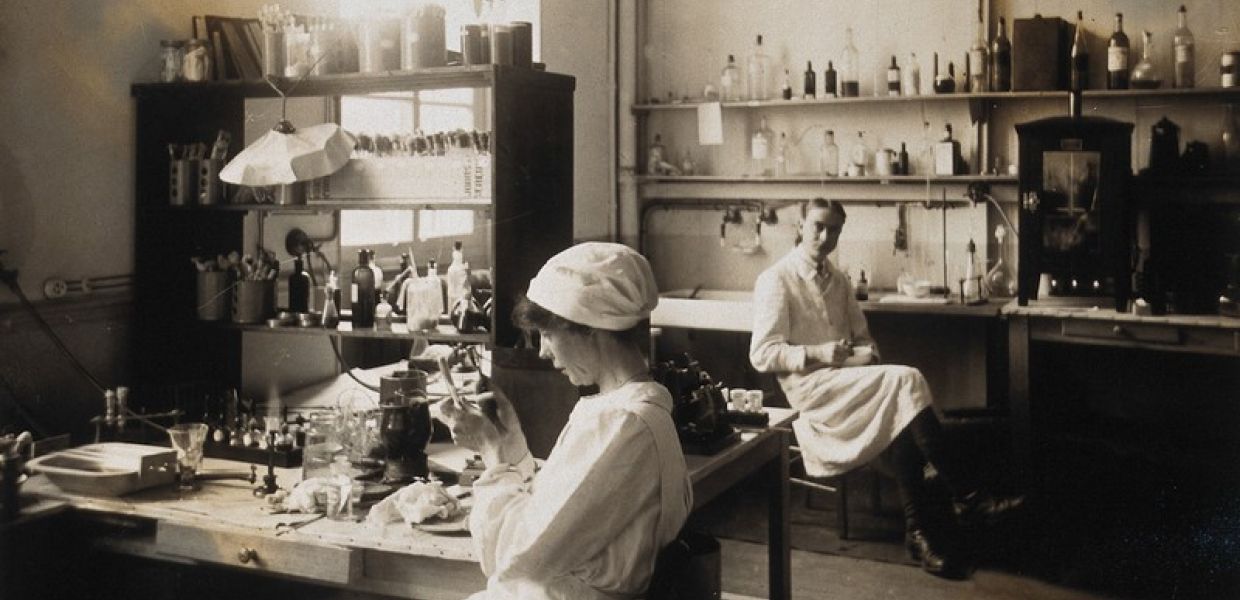Dead records and user frustration
Broken links have a variety of origins: from projects ending and image collections being taken offline, to institutions migrating their collections to a new platform internally and not implementing redirections or using persistent identifiers.
If a person finds an object that they really like, and they want to download the image, audio file, video, or text, they are faced with broken links and end up feeling unsatisfied by the Europeana platform. In some cases, in addition to a broken link to an object on Europeana, the link to the holding institution may also be broken, preventing the visitor from finding and downloading the picture, sound file, video, or text directly.
Such ‘dead records’ don’t do anyone any good, causing disappointment and frustration when a visitor finds something interesting and can’t use it as anticipated. Furthermore, it affects our Search Engine Optimisation (SEO) negatively and making it more difficult for people to find the cultural heritage objects that GLAMs have shared with us.
Fighting link rot and dying data: reviving lost culture
But there is a happy ending to this sad story of broken links. With the joint hard efforts of our aggregators and data partners, we work every day to fix the broken material and restore access to the users by bringing the records back to life.
Of course, it is not always possible to fix some material. After close consultation with our partners, in some cases, we have to take the hard decision to take the material offline. It’s a difficult decision, but in disabling the broken material, the overall data quality of what we do offer increases.
Have you found any broken links? Then help us out by leaving a comment in the feedback tab on Collections.
For more articles like these, view the entire GLAM tech series on Pro News.



